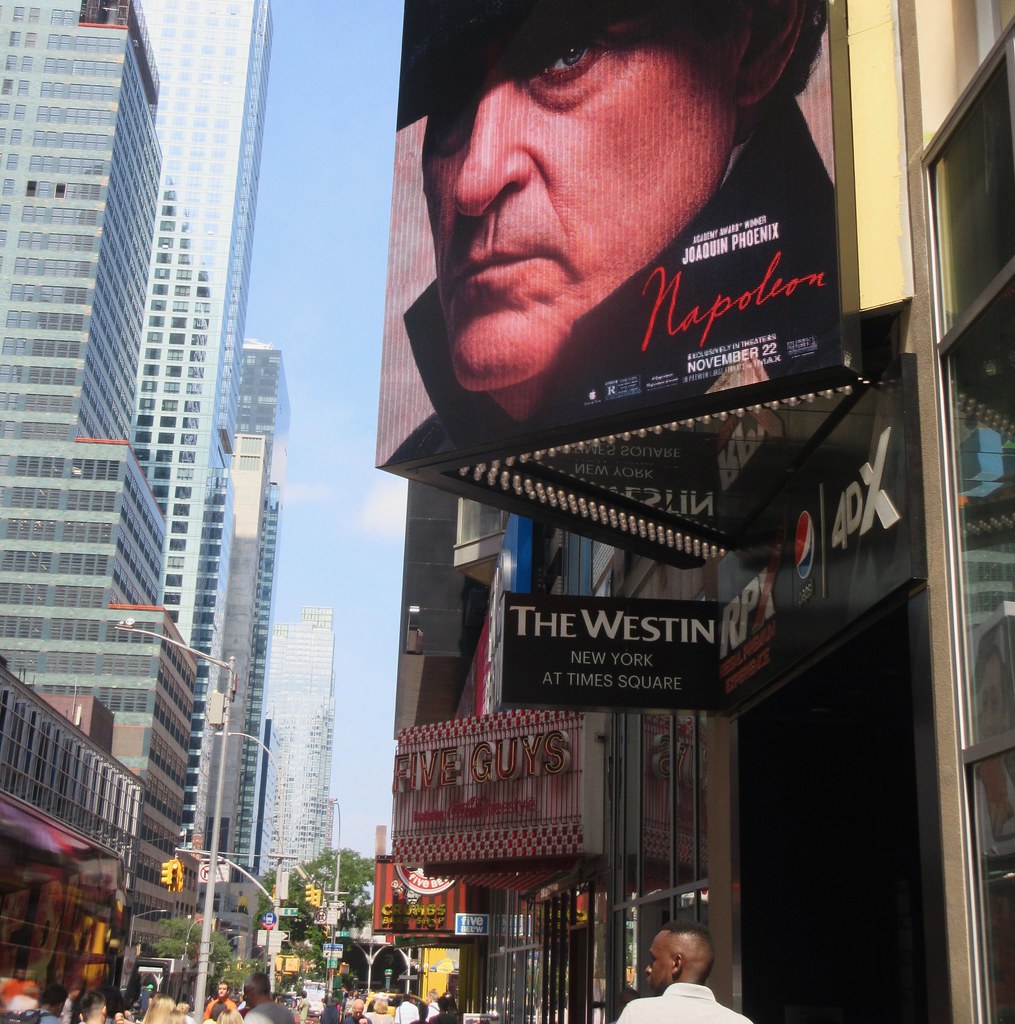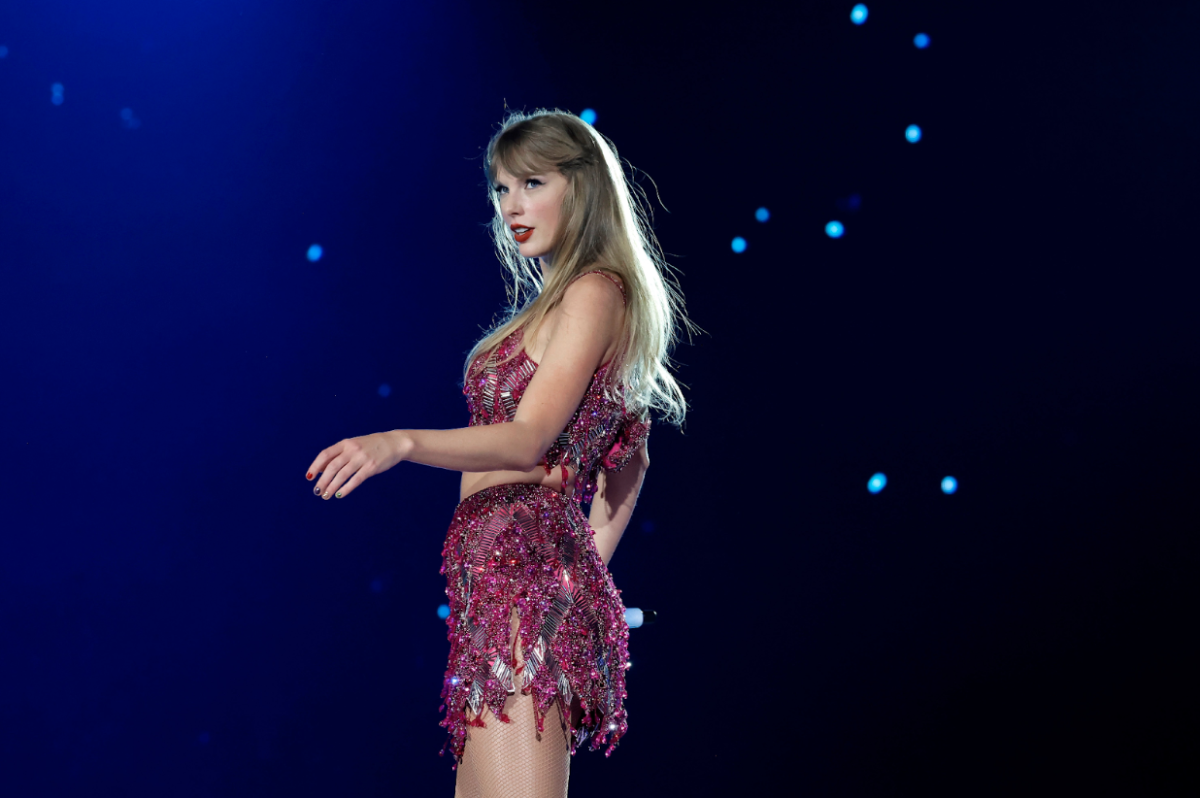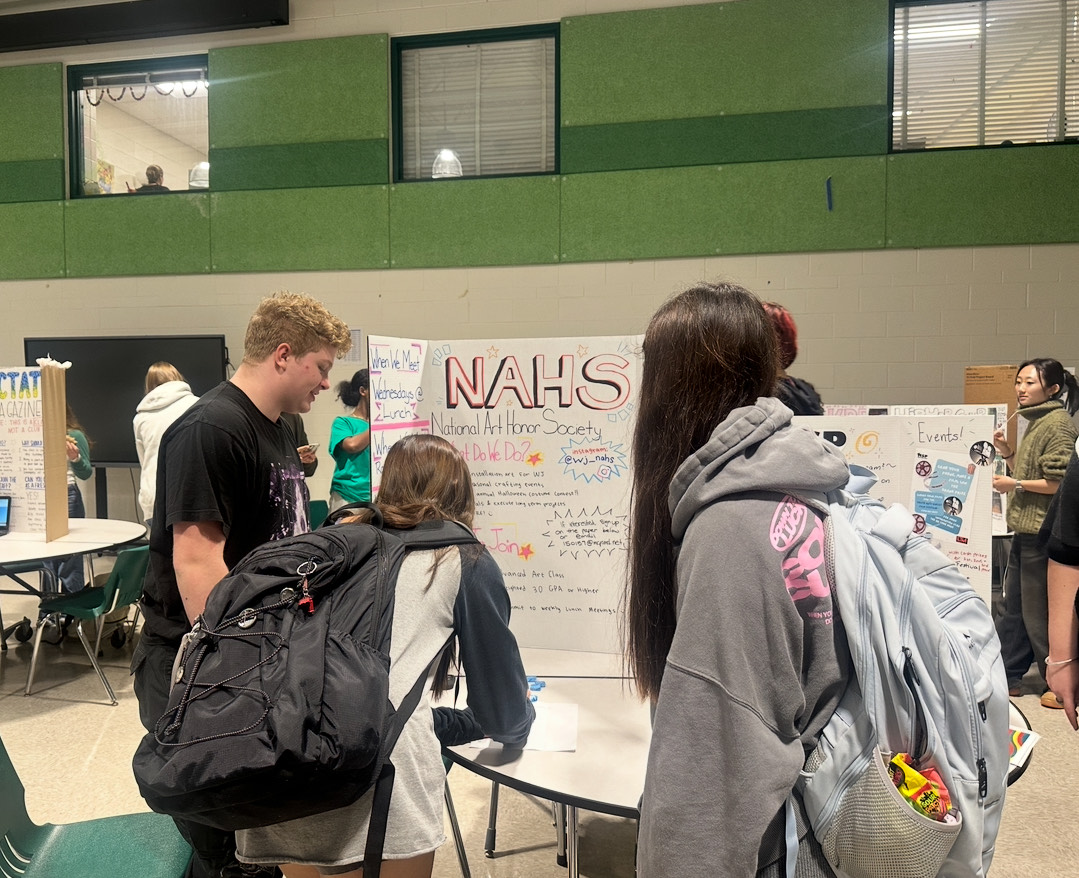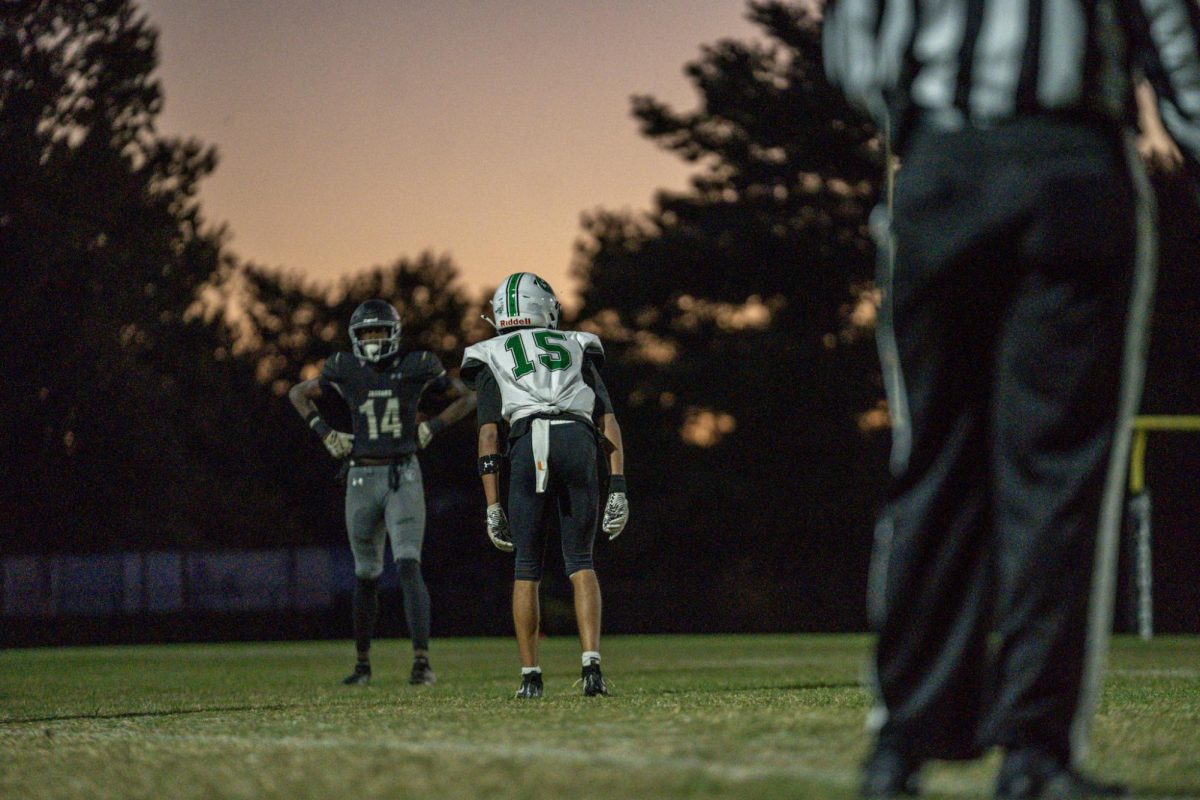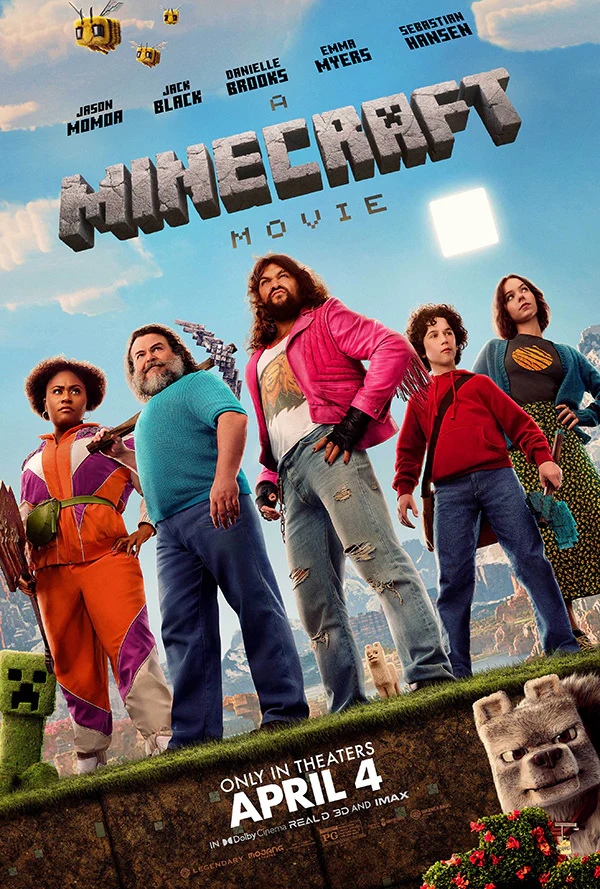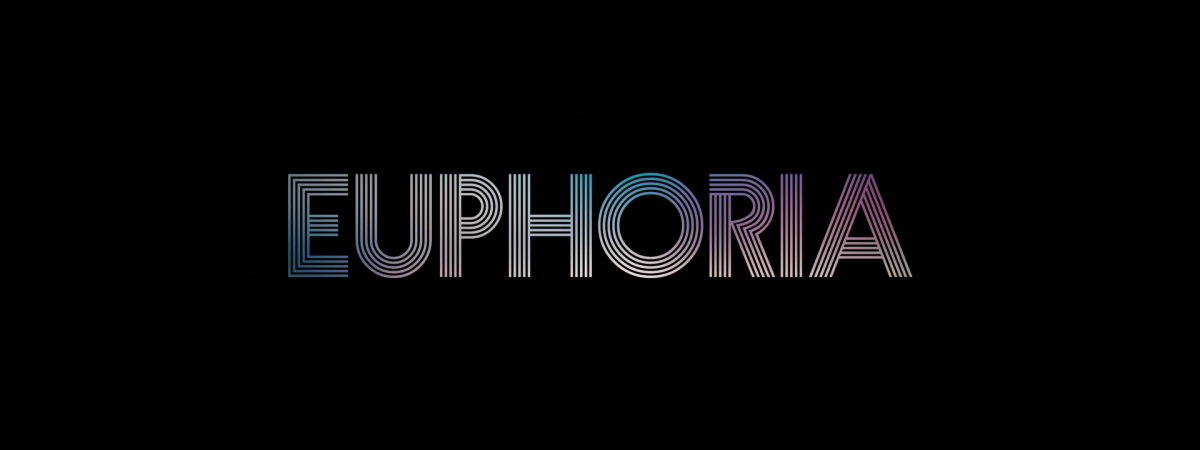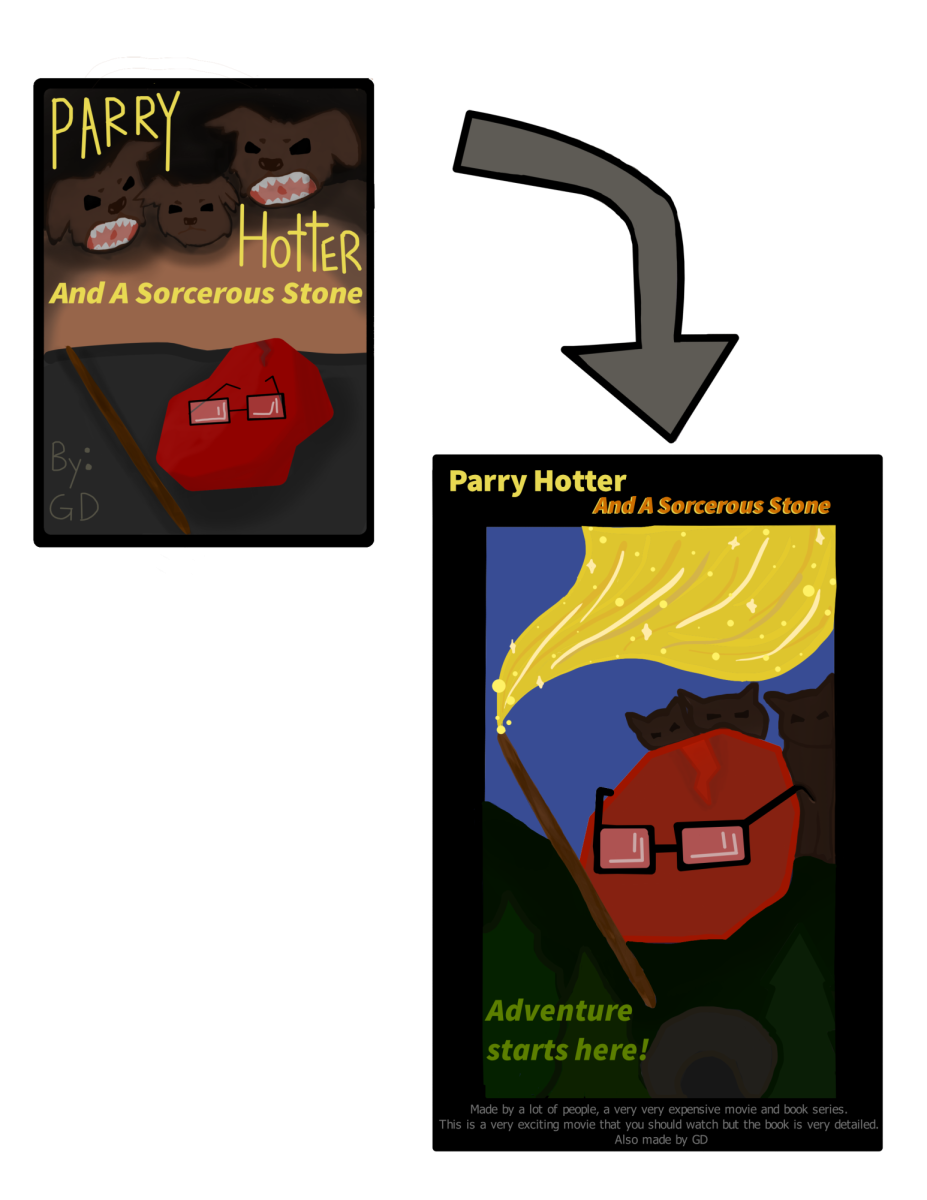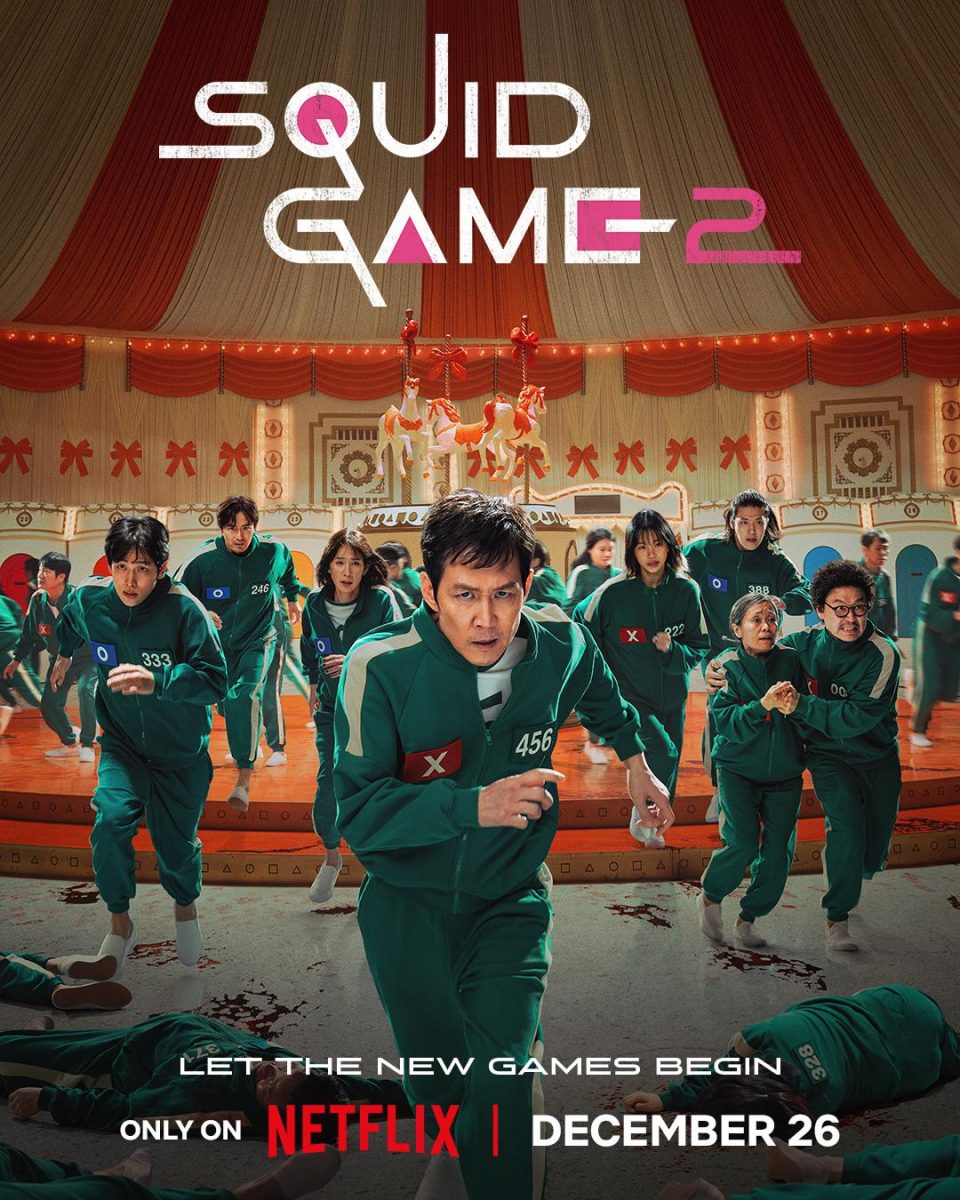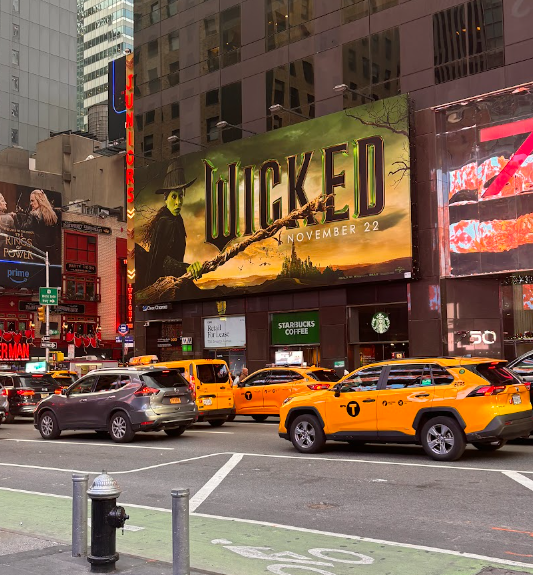6/10
Amidst the sensational gunpowder-propelled cannons, the film “Napoleon” is a contradictory and confusingly structured love story between Napoleon Bonaparte and Josephine Bonaparte. The film is directed by the esteemed Ridley Scott, who has filmed more historical battle scenes than many real generals have fought in, depicting warfare from various time periods.
We are introduced to Bonaparte at the Siege of Toulon, where he first demonstrated his military skill and merit as one of the French First Republic’s captains. He’s a nervous commander, a look that is paralleled and contrasted later in the film as he directs his army the same way, but then wearing a hardened facial expression. Due to Bonaparte’s strategic placement of artillery and groups of soldiers, the revolutionary forces of France were able to defeat Anglo-Spanish-supported soldiers.
Within his 51-year-long life, Bonaparte built his entire historical reputation as one of the most successful military leaders in the history of the world and it’s in the opening battle sequence that we see his “rise.” However, it passes so quickly, you’d think Bonaparte has been emperor of the French the entire film. Bonaparte and Josephine then have a “meet cute,” getting straight into the complexities and drama of their relationship that seems to do twists, turns and backflips for the rest of the story.
“Napoleon” is the kind of movie where you can watch the characters talking and understand the development of what’s happening between them, but it doesn’t evolve deeper than that surface-level understanding. It’s the kind of movie that makes the family that came over for Thanksgiving go, “The battle scenes were cool but, eh.” It’s the kind of movie that lacks a clear theme, and like movies that have this in common, also lacks a comprehensive storyline.
With its 200 million dollar budget, there are a few formidable battles that are awesome to watch in the theater, even if you haven’t been paying close attention to who exactly is fighting. With clever strategy and trickery, Bonaparte really shows off a lot of his skill.
The battle that seems to garner the most attention while watching is the Battle of Austerlitz, which depicts the victory of the outnumbered French over an attack from both the Russian and Austrian Empires. Bonaparte stages a trap for the Russians and Austrians; portraying the French army as having fewer soldiers than they actually have. At Bonaparte’s call, they reveal themselves from under a disguise, firing upon the ensuing Austro-Russians, who unbeknownst to them are charging atop a frozen lake. The cannon fire rains down upon them, and the lake mercilessly swallows up hundreds of the soldiers, leaving barely any trace of them after they retreat. At the real battle, however, there was no frozen lake, just some ponds and a few deaths caused by them.
Fans of historical complexity, especially with a story as dramatic as Napoleon Bonaparte’s will find this film mostly intriguing. Although the movie is a work of historical fiction, an attempt is made at the most accuracy with the ability to also be entertaining. Watchers should be aware of some dramatization of the story, including Bonaparte’s act of slapping Josephine, which did not happen. In addition, fans of unique and dynamic storytelling may not appreciate this film. Either way, it’s the battles that leave the lasting impression after finishing “Napoleon,” and almost everything else that leaves a mediocre and conventional impression.


